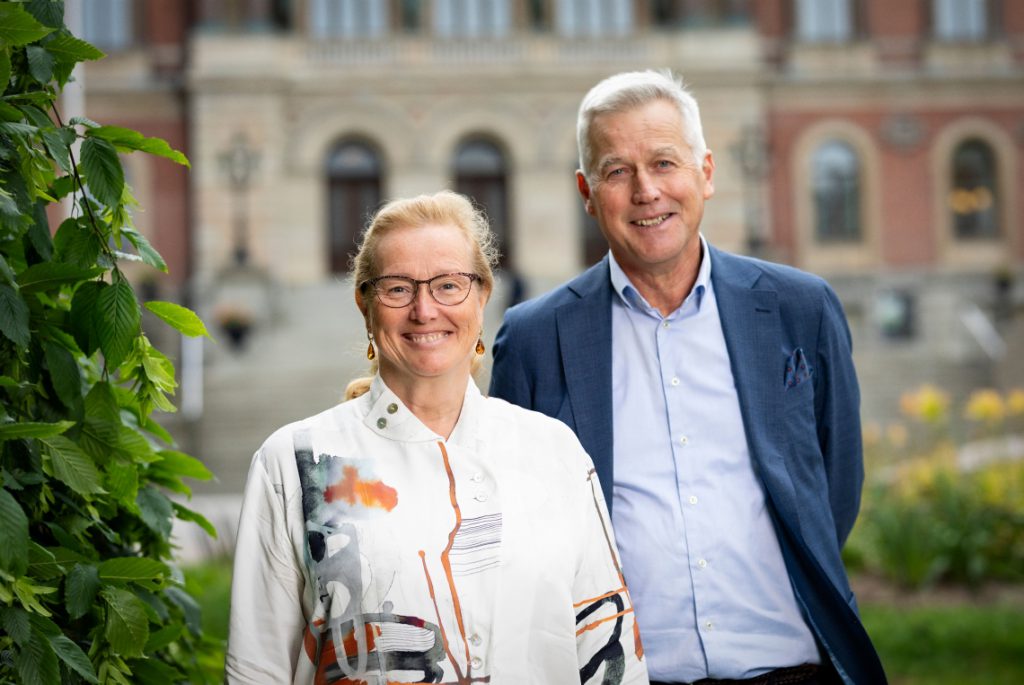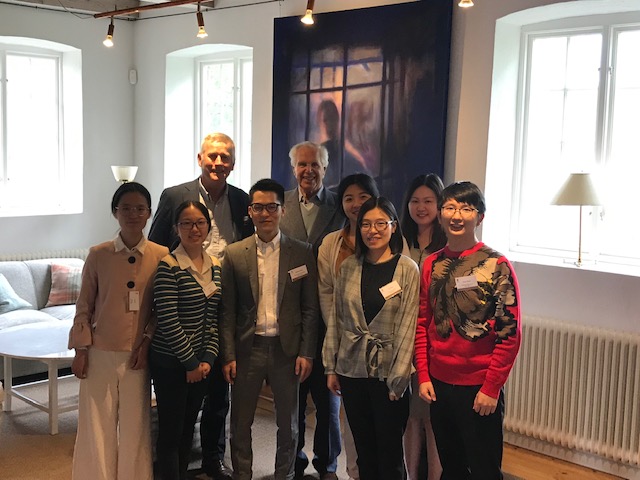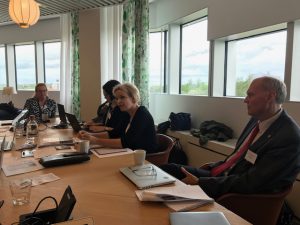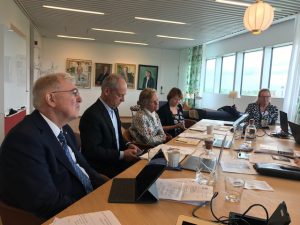Like other higher education institutions and authorities in the higher education sector, we have now submitted our consultation response to the final report of the Government Inquiry on Governance and Resources, “Long-term, coordinated and dialogue-based governance of higher education” (Swedish Government Official Reports, SOU 2019:6). Read the consultation response here (PDF, in Swedish).
Throughout the period of the inquiry, we have discussed its remit and its proposals within the University, within the sector and directly with those conducting the inquiry.
So what do we say? We like the emphasis on the autonomy of higher education institutions, the need for a long-term vision, core academic values, a closer link between education and research, and the trust-based model of governance in the higher education sector.
At a time when the freedom of research is facing restrictions and the importance of independent universities is being called into question in various parts of the world, it is essential to review our national legislation and to be alert to proposals that may be well-intended but in practice lead in the wrong direction. Uppsala University considers that greater autonomy and increased freedom of action are crucial to maintaining and enhancing the quality of education and research in the long term.
So what will happen now? What do we hope for? What are we concerned about? Naturally one can only speculate about which of the inquiry’s proposals may be implemented in practice.
We hope that we will somehow be given the opportunity of greater flexibility in the use of resources between education and research.
We also hope, in the long term, for increased basic government funding for research, though we do not want this to be achieved by moving funds from the Swedish Research Council.
We think the proposed four-year agreements are a bad idea. This would lead to increased bureaucracy at the expense of education and research and bring a risk of increased micromanagement.
We do not like the proposed model for funding education. We hope instead that the current model of funding ceilings will be reviewed and not least that the price tags will be reformed and restored to the 1993 level. Resources for education need to increase. The number of contact hours is low in Sweden compared with other European countries. This can affect the quality of education and Sweden’s long-term competitiveness.
Now the government will compile all the consultation responses and then we will see what the outcome is. However, the discussion will continue, in the first instance during Almedalen Week.







